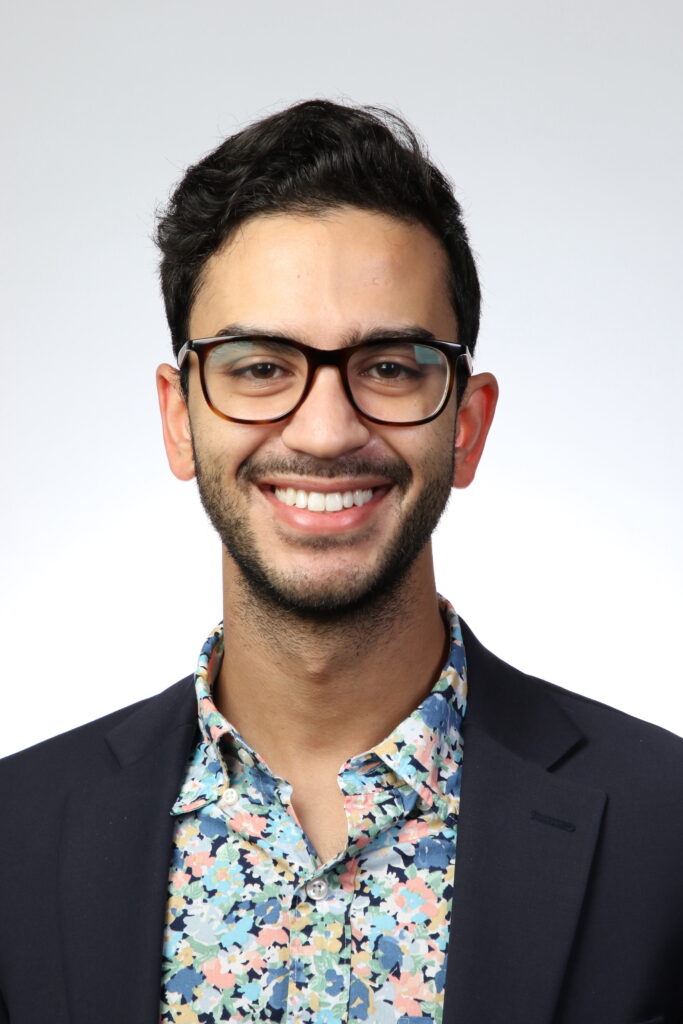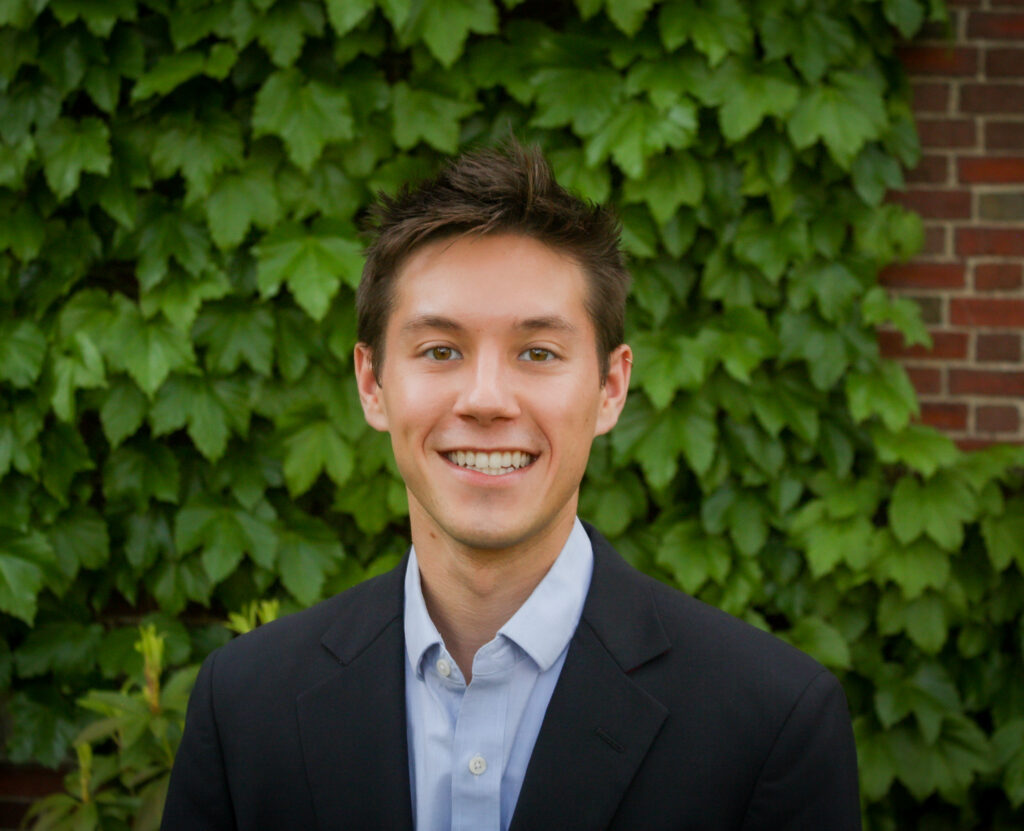Undergraduate Medical Education
The Department of Medicine is closely involved in all years of medical education at UNC. Many key educators in the UNC School of Medicine’s Medicine Doctoral Program are faculty in the Department of Medicine. We truly believe education and continued learning is one of the most important aspects of practicing medicine, and we provide full support to our educators and trainees. The Medicine Doctoral Program consists of three phases. Following are some of the areas that involve our faculty.
Foundation Phase
The Foundation Phase, named for the foundational content learned throughout this course, comprises the first 18 months of medical school for UNC students. During this time, students learn core physiology, pharmacology, and pathology, upon which all Internal Medicine topics build. Most of the clinical directors and educators for the different organ systems are taught by Department of Medicine specialists in cardiology, pulmonary medicine, nephrology, gastroenterology, and rheumatology, etc.
Patient Centered Care (PCC)Bloomer Hill is another avenue through which UNC students serve the community of Eastern North Carolina, through outpatient internal medicine. This clinic provides an opportunity for students to see patients and practice their clinical skills under the close supervision of senior medical students and attending physicians. Visits commonly include blood sugar checks, blood pressure management, and UNC subspecialty referrals.
Application Phase
During the Application Phase, (third year) students will spend time on inpatient (i.e. clerkship/HISC) and outpatient (i.e. CBLC) internal medicine services. If students choose to go to a branch campus, they may have different clinical schedules. While on internal medicine rotations during the Application Phase, students will build on skills developed in Foundation Phase and begin to manage the direct care of their patients while under the close supervision of their medical team. By the end of clerkship, students should be well on the way to developing a rational, evidence-based approach to the evaluation and care of adult patients.
Community Based Longitudinal Care (CBLC)Individualization Phase
Students interested in internal medicine will be paired with a career goal advisor at the start of the Individualization Phase (fourth year). The role of this faculty member is to support students in writing their ERAS (Electronic Residency Application Service) application and developing their final list of residency programs to which they will apply. During Individualization Phase, students typically complete two acting internships in medicine or a medicine subspecialty. The remainder of the year is spent rotating through various electives and completing one critical care course. Students interested in internal medicine typically opt to spend time in the Medicine ICU, though other ICU options are certainly available. Popular electives among students interested in internal medicine include Infectious Diseases, Palliative Care, Hematology/Coagulation Consults, Pulmonology, Nephrology, Cardiology, Endocrinology, and Gastroenterology. These rotations allow students to enhance their clinical knowledge and training in their fields of interest, while gaining skills that will help them succeed in future residencies.
Internal medicine courses can be searched under “Medicine” using the department category here.
Bridging the GapWe are the largest department on the campus of UNC Chapel Hill, and it is our privilege and duty to model the active engagement and work necessary to fulfill and maintain our mission of equity, diversity and inclusion. As we work to improve the health and wellbeing of people across North Carolina and beyond through excellence in patient care, education, research, and innovation, it is also our privilege and duty to model the beautiful tapestry of our state of NC fortified by a population that mirrors every dimension of diversity one can imagine. Learn more about our values and culture.
Directors of Undergraduate Medical Education
Koyal Jain, MD, MPH, and Ashley Henderson, MD, are the directors of Undergraduate Medical Education for the Department of Medicine. They work with the excellent educators in the Department and collaborate with the UNC School of Medicine to make the internal medicine experience seamless. Additionally, they are working on incorporating innovative methodology and mentoring medical students who are interested in internal medicine. This involves integrating the medical knowledge with clinical skills and sensitivity to patient needs at an early stage in the medical career. They want to ensure medical students continue to receive a strong education in every aspect of internal medicine. As directors, they provide continuity across all phases of internal medicine education–foundational to application and individualization–working to understand the medical student experience across the board.
Internal Medicine Medical Student Chiefs
The role of the Internal Medicine Medical Student Chiefs was created in 2020 by the Department of Medicine Undergraduate Medical Education Task Force and was modeled after the Internal Medicine Chief Resident program at UNC. The mission of Student Chiefs is to strengthen communication between medical students and faculty, bolster the student curriculum through supplemental educational opportunities, and function as mentors and advocates for their medical student peers as they undergo their clerkship training on Internal Medicine rotations. Internal Medicine Medical Student Chief Internal Medicine Medical Student Chief Internal Medicine Medical Student Chief As the largest clinical department in the UNC School of Medicine, faculty in the Department of Medicine are recruited not only for their strong clinical skills, but also with an understanding that medical education is part of their position. This interest is easily seen in the classroom and on the wards as students are involved at every level of training. We welcome students of many backgrounds and experience, and we encourage you to learn more about UNC and the Department of Medicine. Email us at InternalMedStudentChiefs@gmail.com
Are you a prospective or current student with questions about internal medicine?


